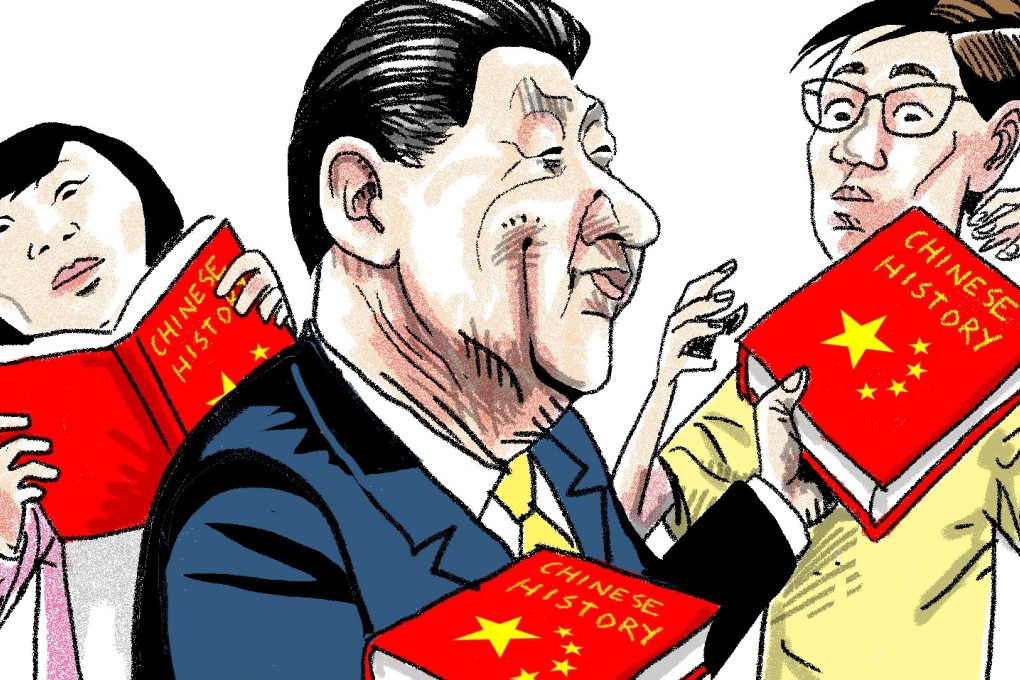Hongkongers should heed Xi Jinping’s words and re-educate themselves on Chinese history
Tian Feilong says the president’s insightful review of Hong Kong and Chinese history on his recent visit to the city carries an important message – it’s time for people to gain a more mature understanding of their shared destiny, or risk serious damage to ‘one country, two systems’


Xi’s stance and rationale are clear. And such clarity will boost efforts by the central and the SAR governments to educate the young in history and politics, to better shape their identification with the nation. It will help these youth develop, gradually, an understanding of history from the perspective of love for the nation and Hong Kong.
Watch: Xi Jinping speaks on ‘one country, two systems’
President Xi Jinping’s four key points for moving forward under ‘one country, two systems’
Five strands of thought stand out in Xi’s speech.
First, an understanding of modern Chinese history as one marked by suffering.
Xi spoke repeatedly of “suffering”, “humiliation” and “grief”, recalling our shared experience of the pain of over a century of colonial encroachment. Evoking this collective memory will help Hong Kong break through the cultural and political barriers – a colonial legacy – that impede the development of a sense that Hong Kong’s destiny is joined to the nation’s. Recontextualising Hong Kong’s colonial past would help uproot the basis of the core political ideology today of colonial identification and localism, and spur the process of “decolonialisation” at a reasonable pace, while rebuilding Hongkongers’ love for Hong Kong and the nation.
China’s modern history is one of humiliation and suffering. Though also a history of national unity and rebuilding, the remembrance of pain and suffering pervades, acting as a spur for people to make personal sacrifices and strive for a better future.